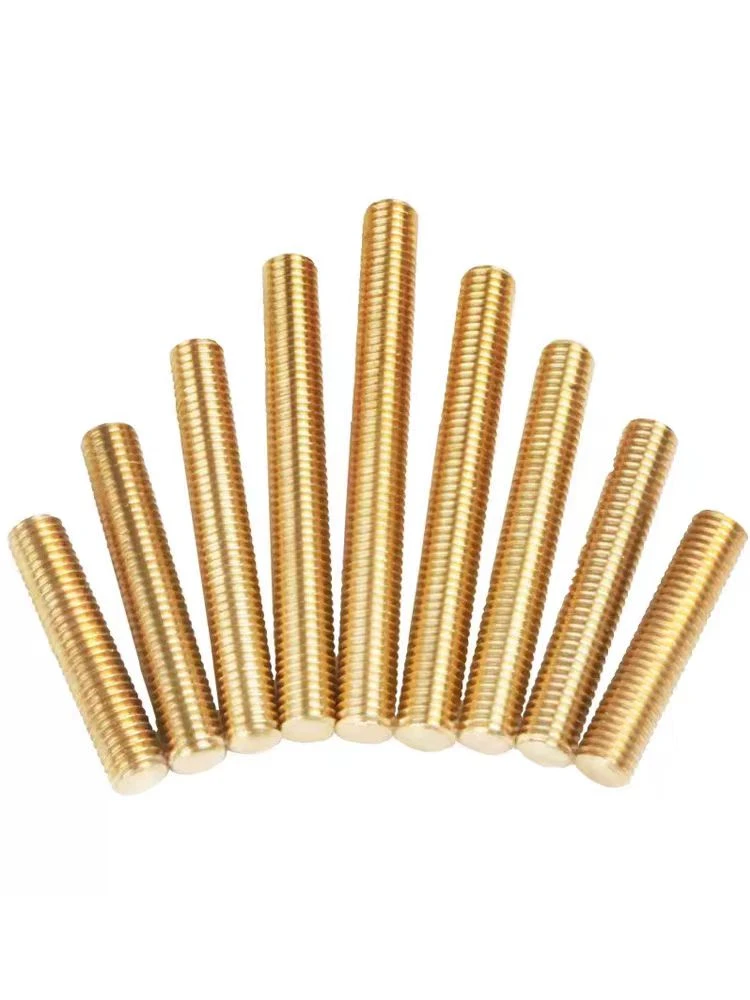

one inch washer
Dic . 30, 2024 09:51 Back to list
one inch washer
Understanding the One-Inch Washer A Small but Mighty Component
In the world of engineering and construction, the smallest components often play crucial roles in ensuring the integrity and functionality of structures and machines. One such component is the one-inch washer. Though seemingly insignificant in size, a one-inch washer serves various purposes, ranging from distributing loads and preventing damage to ensuring secure fastening in assemblies. This article explores the importance, types, uses, and considerations associated with one-inch washers.
What is a One-Inch Washer?
A washer is typically a flat disc made of metal, plastic, or rubber, used in conjunction with fasteners like bolts, nuts, and screws. The one-inch specification refers to the diameter of the washer, making it suitable for use with fasteners that have a compatible size. Washers are designed to sit under a nut or bolt head, providing a larger surface area to distribute the load and reduce the risk of damage to the material being secured.
Types of One-Inch Washers
There are several types of one-inch washers, each serving different purposes
1. Flat Washers The most common type, flat washers have a simple circular shape and are used to distribute the load of a fastener evenly across a surface. They help prevent loosening over time due to vibration.
2. Lock Washers These washers are designed to prevent loosening from vibrations. They can have a variety of designs (internal, external, split, etc.) to provide gripping action against the fastener and the surface.
3. Fender Washers Characterized by their larger outer diameter compared to standard flat washers, fender washers are used in applications where extra surface area is needed to distribute the load over a wider area.
4. Rubber Washers Often used in plumbing and electrical installations, rubber washers provide a seal to prevent leaks and protect components from corrosion.
5. Sealing Washers These washers come with a rubber or neoprene sealing surface and are commonly used in applications that require a watertight seal.
Uses of One-Inch Washers
one inch washer

One-inch washers find applications in various sectors, including construction, automotive, and electronics. Here are a few specific uses
- Construction In construction, one-inch flat washers are essential in securing beams and structures. They ensure that bolts do not damage the wood or metal surfaces they secure.
- Automotive In vehicles, these washers are often used in engine assembly, where vibration can cause fasteners to loosen. Lock washers may be used to secure bolts on engine mounts.
- DIY Projects For home improvement enthusiasts, one-inch washers are a staple. Whether assembling furniture, hanging doors, or securing fixtures, washers play a pivotal role in DIY projects.
Considerations When Choosing One-Inch Washers
When selecting one-inch washers, several factors should be taken into account
1. Material Washers can be made from various materials such as steel, stainless steel, brass, or plastic. The choice of material should depend on the environment in which the washer will be used (e.g., exposure to moisture or chemicals).
2. Load Requirements Depending on the application, the load capacity of a washer is crucial. Flat washers are generally used for standard loads, while lock washers are selected for applications where vibration may cause loosening.
3. Corrosion Resistance For outdoor or marine applications, choosing washers with corrosion-resistant coatings is vital to ensure durability.
4. Thickness The thickness of the washer can also affect its load distribution capabilities. Thicker washers can provide better support but may not always be necessary.
Conclusion
The one-inch washer, while small, is a vital component in multiple applications across various industries. Understanding the different types, uses, and considerations can help ensure the selection of the right washer for any project. Whether you're a professional engineer or a DIY enthusiast, never underestimate the significance of a simple washer; it might just be the component that holds everything together. As technology and materials advance, the role of washers will continue to evolve, reinforcing their place as indispensable elements in our built environment.
Latest news
-
Premium Fasteners Manufacturer | AI-Driven Solutions
NewsAug.01,2025
-
Hot Dip Galvanized Bolts - Hebei Longze | High Strength, Corrosion Resistance
NewsAug.01,2025
-
High-Strength Hot Dip Galvanized Bolts - LongZe | Corrosion Resistance, Custom Sizes
NewsAug.01,2025
-
Best Self Tapping Screws for Drywall - Fast & Secure Installation
NewsJul.31,2025
-
High-Strength Hot Dip Galvanized Bolts-Hebei Longze|Corrosion Resistance&Customization
NewsJul.31,2025
-
Hot Dip Galvanized Bolts-Hebei Longze Metal Products|Corrosion Resistance&High Strength
NewsJul.31,2025

